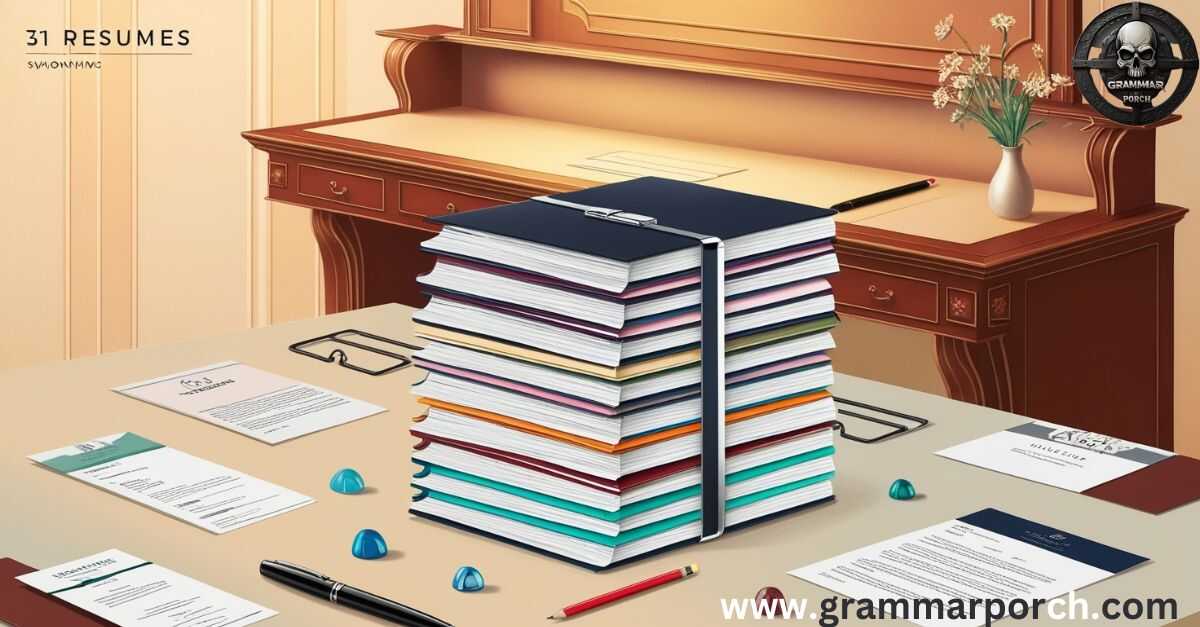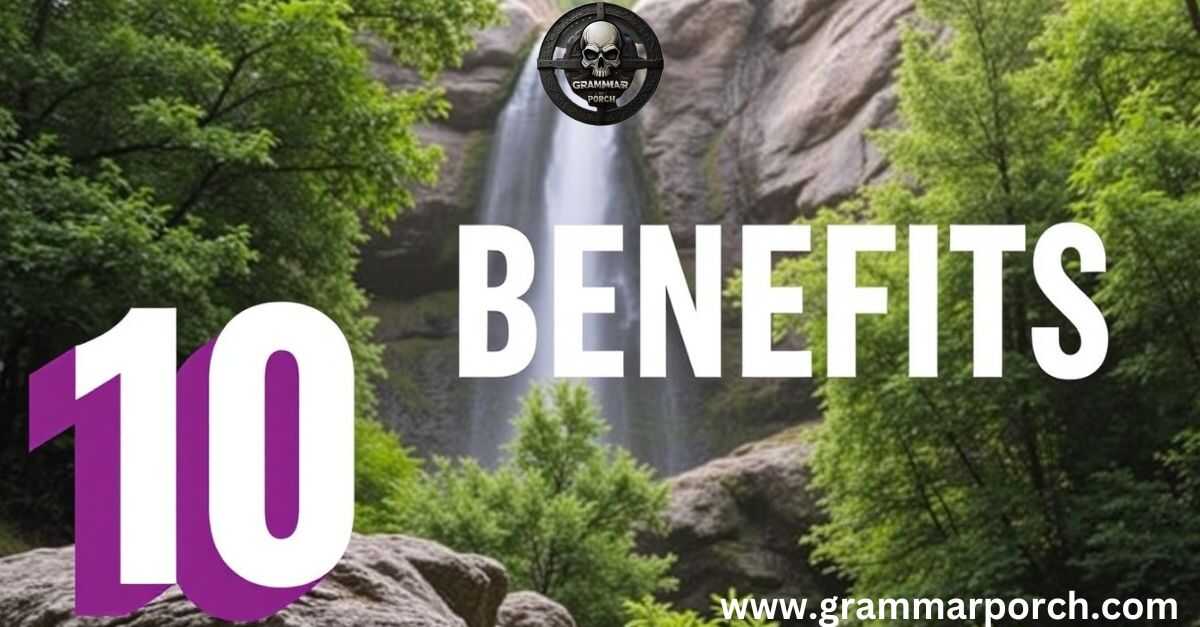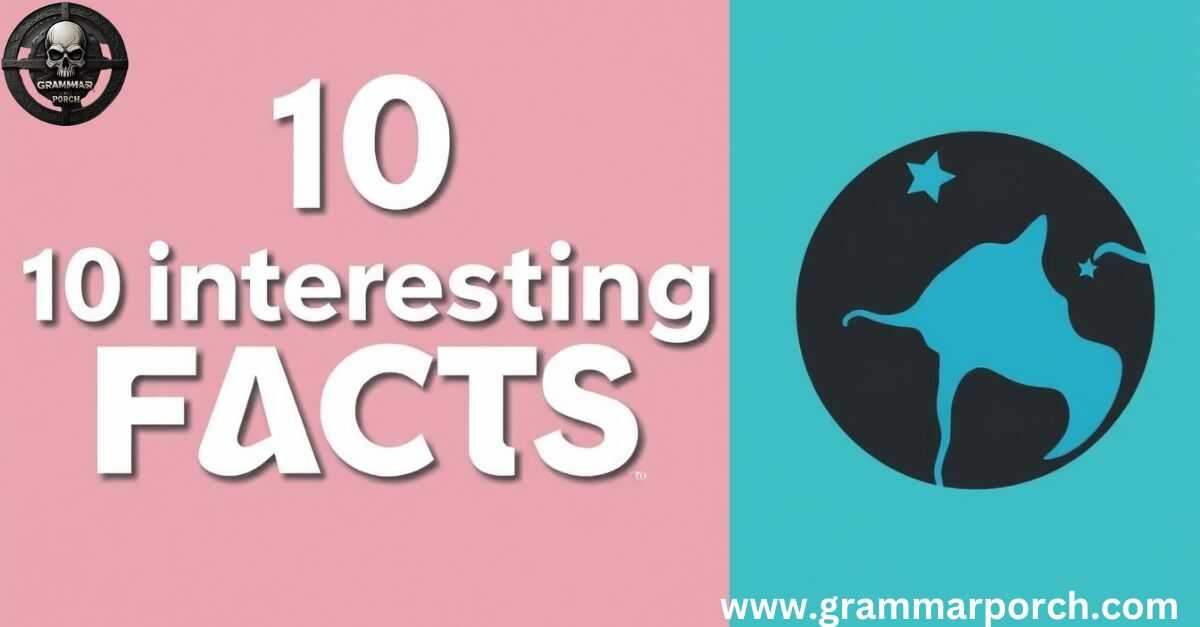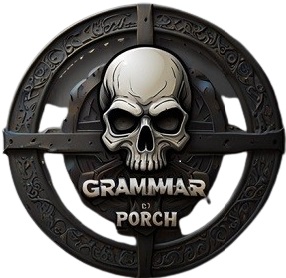In today’s competitive job market, your resume needs to stand out like a beacon in a sea of applicants. 🌟 One surefire way to catch a recruiter’s eye. Spice up your work experience section with powerful, attention-grabbing synonyms.
Let’s See 31 ways to describe your professional journey that’ll have hiring managers sitting up straight in their ergonomic office chairs! 💪
Is it professional to say “work experience”
Using the phrase “work experience” is generally acceptable in professional contexts. However, to make your resume or professional communication more impactful, consider using more dynamic alternatives. 💼 These synonyms can better showcase your unique career journey and skills.
While “work experience” is clear and straightforward, opting for more descriptive terms can help you stand out in a competitive job market. 🌟 The key is to choose language that best reflects your professional story and the position you’re targeting.
Pros:
- Clarity 🔍 “Work experience” is universally understood and leaves no room for misinterpretation.
- ATS-Friendly 🤖 The phrase is commonly recognized by Applicant Tracking Systems, ensuring your resume gets past initial screenings.
- Simplicity ✨ It’s a straightforward term that gets the point across without unnecessary complexity.
Cons:
- Lack of Impact 😴 “Work experience” can sound generic and fail to capture the uniqueness of your professional journey.
- Missed Opportunity 🎭 Using this standard phrase doesn’t showcase your creativity or communication skills.
- Potential Staleness 🥀 In a sea of resumes, “work experience” might not grab a recruiter’s attention as effectively as more dynamic alternatives.
Best 31 professional synonyms

1. Professional History 📚
Your professional history is the story of your career, woven through time and challenges. It’s not just a list; it’s a narrative of growth and achievement.
Example: In an email to a potential employer: “Dear Ms. Rodriguez,
I’m excited to share my professional history with Acme Corp. Over the past decade, I’ve honed my skills in project management, leading teams to success in high-pressure environments…”
2. Career Background 🌄
Think of your career background as the landscape of your professional life. It’s the big picture that shows where you’ve been and hints at where you’re headed.
Example: In a cover letter: “My career background in sustainable energy solutions has prepared me for the challenges of your innovative green tech startup. From solar panel installation to policy development, I’ve cultivated a diverse skill set that aligns perfectly with your mission.”
3. Employment Record 📊
Your employment record is the official ledger of your professional life. It’s straightforward but powerful, showing stability and progression.
Example: On a LinkedIn profile summary: “With an employment record spanning 15 years in the finance sector, I’ve navigated bull and bear markets, always keeping my clients’ portfolios in the green. 📈”
4. Vocational Training 🎓
Vocational training highlights your hands-on skills and practical knowledge. It’s the nuts and bolts of what you can do.
Example: In a trade school application: “My vocational training in automotive repair has given me the skills to diagnose and fix complex engine issues. I’m eager to apply this knowledge to your advanced electric vehicle program.”
5. Job Tenure 🏆
Job tenure speaks to your loyalty and the depth of experience you’ve gained in a role or company.
Example: In a performance review: “Throughout my 7-year job tenure at TechSolutions Inc., I’ve consistently exceeded sales targets and mentored junior staff to do the same.”
6. Professional Exposure 🌐
Professional exposure is all about the diverse experiences and environments you’ve encountered in your career journey.
Example: In a networking event introduction: “Hi, I’m Alex. My professional exposure spans from scrappy startups to Fortune 500 giants, giving me a unique perspective on scaling businesses efficiently.”
7. Industry Experience 🏭
Your industry experience showcases your specialized knowledge and insider understanding of a particular field.
Example: In a job interview: “My 10 years of industry experience in pharmaceuticals have taught me the intricacies of drug development and regulatory compliance. I’m excited to bring this expertise to your research team.”
8. Practical Experience 🛠️
Practical experience emphasizes your ability to apply theoretical knowledge in real-world situations.
Example: In a portfolio presentation: “While my degree gave me a solid foundation, it’s my practical experience in UX design that truly sets me apart. I’ve improved user engagement by 200% on five major projects.”
9. Work Tenure 🕰️
Similar to job tenure, work tenure reflects your commitment and the extensive experience you’ve accumulated over time.
Example: In a retirement speech: “As I reflect on my 30-year work tenure at Reliable Insurance, I’m proud of the relationships we’ve built and the challenges we’ve overcome together.”
10. Employment History 📜
Your employment history is the official record of your professional journey, showing progression and diverse experiences.
Example: In a resume summary: “Dedicated marketing professional with a rich employment history spanning digital startups and established brands. Proven track record of launching successful campaigns that resonate with target audiences.”
11. Professional Journey 🛤️
Your professional journey is the path you’ve taken, complete with twists, turns, and milestones.
Example: In a blog post: “My professional journey began in a tiny cubicle and led me to the corner office. Along the way, I learned that true leadership is about lifting others as you climb.”
12. Career Trajectory 🚀
Career trajectory shows the direction and momentum of your professional life.
Example: In a mentor meeting: “Let’s discuss your career trajectory, Sarah. Your rapid progression from intern to team lead in just three years is impressive. Where do you see yourself in the next five?”
13. Occupational Background 🎭
Your occupational background includes all the roles and industries you’ve been part of.
Example: In a career change cover letter: “My diverse occupational background, from theater production to event management, has honed my creativity and problem-solving skills—assets I’m excited to bring to your marketing team.”
14. Professional Portfolio 💼
A professional portfolio is a curated collection of your best work and achievements.
Example: In an email to a client: “I’ve attached my professional portfolio, which showcases successful projects similar to what you’re envisioning. Let’s discuss how we can tailor these strategies to your unique needs.”
15. Work Chronicle 📖
Your work chronicle is the story of your professional life, with all its chapters and characters.
Example: In a memoir introduction: “In ‘From Mailroom to Boardroom: My Silicon Valley Work Chronicle,’ I share the lessons learned from each role that shaped my journey to becoming a tech CEO.”
16. Career Mosaic 🎨
Your career mosaic is a colorful representation of diverse skills and experiences that come together to form a compelling professional picture.
Example: In a personal statement: “My career mosaic blends technical expertise in data analytics with a flair for creative storytelling, allowing me to transform complex information into compelling narratives that drive business decisions.”
17. Professional Tapestry 🧵
A professional tapestry weaves together various roles and responsibilities into a rich, textured career fabric.
Example: In a networking pitch: “Hi, I’m Jordan. My professional tapestry includes threads of marketing strategy, customer psychology, and digital innovation, woven together over a decade in the e-commerce space.”
18. Vocational Odyssey 🚢
Your vocational odyssey is an epic journey through the professional world, filled with challenges, triumphs, and valuable lessons.
Example: In a TED talk introduction: “My vocational odyssey took me from a small-town bakery to leading product development for a global food conglomerate. Today, I’ll share how embracing change can lead to extraordinary career adventures.”
19. Occupational Saga 📚
An occupational saga is a long, detailed account of your professional life, complete with plot twists and character development.
Example: In a LinkedIn article: “In this post, I’ll unravel my occupational saga in the world of cybersecurity, from my first hack (ethical, of course!) to founding my own security consultancy firm.”
20. Professional Constellation ✨
Your professional constellation is a unique pattern of experiences and skills that guides your career path.
Example: In a job application: “My professional constellation in the aerospace industry includes bright spots in propulsion engineering, project management, and sustainable fuel research, aligning perfectly with your company’s mission to revolutionize space travel.”
21. Career Collage 🖼️
A career collage is a visual representation of your diverse professional experiences and skills.
Example: In a portfolio website: “Welcome to my career collage! Here, you’ll find snapshots of my journey from junior copywriter to brand strategist, each piece contributing to my holistic understanding of consumer engagement.”
22. Work Repertoire 🎭
Your work repertoire is the range of skills, experiences, and roles you can perform with expertise.
Example: In a consultant’s pitch: “My extensive work repertoire in the hospitality industry spans from front-desk management to implementing AI-driven customer service solutions, enabling me to offer comprehensive strategies for your hotel chain’s digital transformation.”
23. Professional Expedition 🏔️
A professional expedition implies a purposeful journey through your career, with each role a new peak to conquer.
Example: In a cover letter: “My professional expedition in renewable energy has taken me from installing solar panels to developing national energy policies. I’m eager to bring this panoramic perspective to your sustainability team.”
24. Occupational Evolution 🦋
Occupational evolution showcases how you’ve grown and adapted throughout your career.
Example: In a performance review: “This year marked a significant milestone in my occupational evolution, as I successfully transitioned from a technical role to leading our cross-functional innovation team.”
25. Career Narrative 📖
Your career narrative is the compelling story of your professional life, complete with themes, turning points, and character growth.
Example: In a bio for a speaking engagement: “Jane Doe’s career narrative reads like a thrilling tech startup story, beginning in a garage with a brilliant idea and culminating in an IPO that revolutionized the fintech industry.”
26. Professional Panorama 🌅
A professional panorama offers a wide-angle view of your career, showcasing the breadth of your experience.
Example: In an executive summary: “My professional panorama spans two decades in the automotive industry, offering a 360-degree view of operations from supply chain management to electric vehicle innovation.”
27. Vocational Venture 🚀
A vocational venture implies an exciting, potentially risky but rewarding professional journey.
Example: In a startup pitch: “My latest vocational venture combines my passion for sustainable fashion with cutting-edge blockchain technology, creating a transparent supply chain that consumers can trust.”
28. Employment Ecosystem 🌳
Your employment ecosystem represents the interconnected roles, skills, and experiences that make up your professional environment.
Example: In a team introduction: “As your new project manager, I bring a diverse employment ecosystem that includes agile methodologies, cross-cultural communication skills, and a track record of delivering complex IT projects on time and under budget.”
29. Career Canvas 🎨
A career canvas is a blank slate upon which you’ve painted your professional achievements and experiences.
Example: In an artist’s statement: “My career canvas blends traditional oil painting techniques with digital art innovations, reflecting my journey from classical art schools to pioneering VR art installations.”
30. Professional Pilgrimage 🧭
A professional pilgrimage suggests a meaningful, often transformative career journey.
Example: In a memoir blurb: “In ‘From Wall Street to Waikiki,’ Sarah Chen chronicles her professional pilgrimage from high-stakes trading to founding an eco-tourism company, proving it’s never too late to align your career with your values.”
31. Work Wanderings 🌍
Work wanderings imply a curious, exploratory approach to your career path.
Example: In a job interview: “My work wanderings have taken me through various industries, from tech startups to non-profits. Each role has added unique brushstrokes to my professional picture, making me a versatile problem-solver.”
10 Benefits of Using More Positive & Impactful Synonyms

1. Enhanced Perception 👀
Using powerful synonyms can drastically improve how others perceive your professional capabilities.
2. Increased Engagement 🤝
Varied language keeps readers interested and more likely to remember your resume.
3. Differentiation 🌟
Unique phrasing helps you stand out in a sea of similar resumes.
4. Emotional Impact �heart
Strong synonyms can evoke positive emotions in hiring managers.
5. Keyword Optimization 🔍
Diverse terminology increases your chances of passing through Applicant Tracking Systems (ATS).
6. Storytelling Power 📚
Impactful synonyms help weave a compelling narrative of your career journey.
7. Confidence Boost 💪
Using sophisticated language can increase your own confidence in your abilities.
8. Cultural Fit 🏢
Tailored synonyms can demonstrate alignment with a company’s values and culture.
9. Memorability 🧠
Unique phrasing makes your application more likely to stick in a recruiter’s mind.
10. Versatility 🔄
A rich vocabulary allows you to tailor your resume for different roles and industries effortlessly.
10 Interesting Facts About the Phrase “Work Experience”

1. Historical Evolution 📜
The concept of “work experience” gained prominence during the Industrial Revolution as job roles became more specialized.
2. Global Variations 🌎
Different cultures place varying levels of importance on formal work experience versus other qualifications.
3. Digital Transformation 💻
The rise of remote work has redefined what constitutes valuable “work experience” in many industries.
4. Generational Shift 👵👶
Millennials and Gen Z often accumulate diverse “work experiences” rather than following traditional career paths.
5. Legal Implications ⚖️
In many countries, unpaid internships must provide significant “work experience” to be legal.
6. Educational Integration 🎓
Many universities now incorporate “work experience” into degree programs through co-op placements or internships.
7. Psychological Impact 🧠
Positive “work experiences” are linked to increased job satisfaction and overall well-being.
8. AI and Automation 🤖
As AI reshapes the job market, the nature of valuable “work experience” is rapidly evolving.
9. Entrepreneurial Twist 🚀
For many, starting a business is now considered a form of “work experience,” even if it wasn’t successful.
10. Soft Skills Emphasis 🤝
Modern interpretations of “work experience” increasingly value soft skills alongside technical abilities.

Larry is an experienced blogger with a passion for simplifying grammar. With years of expertise in writing and language, he shares insightful tips on punctuation, synonyms, and the intricacies of English grammar at **Grammar Porch**. His approachable style helps readers improve their writing skills with ease.

